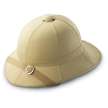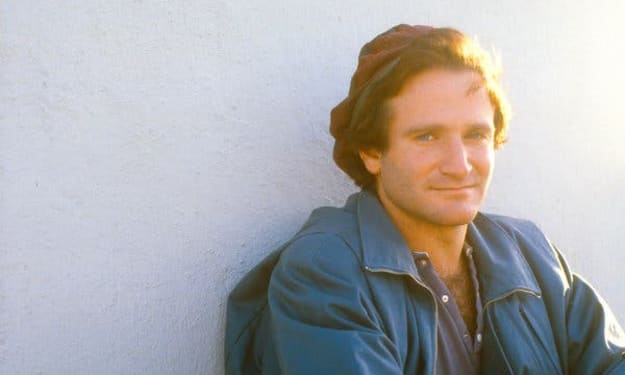Chess Is A Sport And Should Be in the Olympics
Not to mention every public school
The biggest story of the Olympics this year was not Simone Biles’ performance anxiety or Quan Hongchan, China’s perfect diver. It was the absence of chess.
Chess has a real claim at being the world’s favorite game. The global community of active chess players is estimated to be 600 million — more than doubling the number of soccer players, the world’s most popular athletic sport.
According to chess.com, 185 countries are active members of FIDE, the governing body for international chess. Chess is one of those very rare creations that has soaked to the marrow of human culture. Not a single nation’s culture, nor a single continent’s, but human culture. This is an odd term as culture is typically used to point out divisions among different groups of humans, but it’s the best term I could think of to describe a game that everyone in the world above five years old is aware of and most above ten can at least tell you how the pieces move.
So, how can the world’s favorite game be absent from an event in which the world comes together to play games?
Is Chess A Sport?
The answer to why chess, likely the world’s favorite game, is ostracized from the Olympics seems to come down to a trifling debate over the definition of sport.
So, is chess a sport? Well, the answer is yes or no, depending on whether you subscribe to the new or traditional use of the word.
Language primarily evolves through its misuse among the ignorant. The word literally is a very good example. Through consistent misuse of the word, dictionary writers had to add a new definition that either gives the word opposite meanings or drains it of meaning entirely so that it becomes a vocalized exclamation point.
Sport is much the same.
Early definitions of sport amount to doing something that makes you happy.
That which diverts and makes merry; play; game; diversion; also, mirth… that which one plays or which is driven about.
-From the American Dictionary of the English Language 1828
Eventually, the word expanded to include games played with rules. This made athletics a category of sport.
Even among the 17 definitions for the word in my enormous Webster’s Third International Dictionary, published in 2002, I cannot find a definition that suggests the word refers specifically to athletics.
Limiting sports to athletics is a bit like defining the galaxy as our sun and its eight planets. Regardless, there are surely dictionaries published in the last twenty years which carry a definition for athletics under the entry for sport because that’s how so many use the word.
Dictionary writers are not the lawmakers of the language. They simply write down the way people use words, even if people from a generation or two before would have considered it wrong.
A growing army of sports fans have taken up the cause of guarding this new definition of sport. In recent decades these devout fans have protested against golf and NASCAR being included in the honored company of basketball or boxing. To satisfy these dingbats, there must be something physically daunting involved for an activity to qualify and stories of Karpov’s nervous breakdown against Kasparov, dangerously elevated heart rates during crucial moments in a chess game, or elite players losing 20 pounds during a single match isn’t enough for chess to garner their approval.
Chess Belongs in the Olympics
Many casual chess fans believe that chess is in the Olympics. This is because FIDE gave their country-versus-country event the off-brand name of the Chess Olympiad, though it is not affiliated with the Olympic Games.
Though I could not find a source I fully trust, many articles online claim that the Olympics Committee approved chess as an event in the 1920’s. In spite of this, it is yet to become an Olympic event.
The story seems to be that in 1924 chess nearly made it into the Olympic Games in Paris but was left out as it was difficult to distinguish between amateur and professional chess players. Things were somewhat organized already so an event was held. The first Chess Olympiad was a shadow event of the official Games, both held in Paris, and FIDE was created as a result.
Since the Olympics is no longer concerned with whether a competitor is a professional or amateur, and since the Chess Olympiad was created as a substitute for being an Olympic event, the International Olympics Committee could essentially absorb FIDE’s Olympiad as a gift wrapped, fully organized event.
There was some hope that chess' exclusion from the Olympics would begin and end in Paris as efforts were made to have it chosen as an event for the 2024 Paris Olympics. Unless the IOC has a change of heart, this won’t be the case as it’s not included in the list of events on the 2024 Paris Olympics website.
So far, a narrow defining of sport is keeping the world’s favorite game out of The Games.
About the Creator
Otis Adams
Otis Adams is an essayist, fiction writer, and poet. He enjoys and writes about chess, boxing, and television history.
Please consider supporting Otis's work at Patreon.com/OtisAdams.







Comments
There are no comments for this story
Be the first to respond and start the conversation.